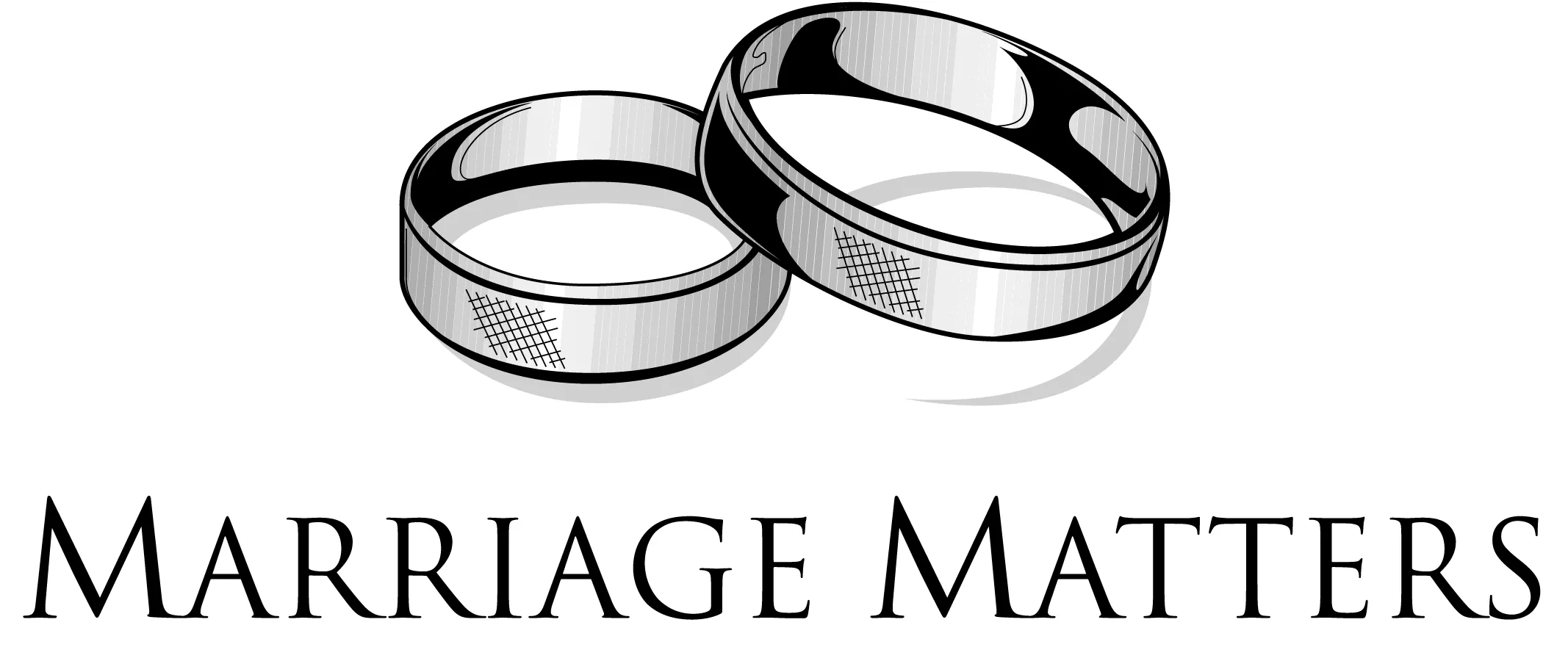
Fed Up. Frustrated. Irate. Whatever term you call the anger you feel, we have all felt it. But being aware of how you handle your anger and why you feel that way can help you get it under control and express it in a healthy way.
You avoid anger
When you're mad, but say nothing about it; when you're feeling agitated but don't dare show it-that type of anger is resistant or passive. The way you deal with your anger is usually learned at an early age, so if this is your anger style, you may have been raised by people who avoided conflict at all costs.
It could be that they instilled the idea that anger is wrong or expressing it is bad. Or perhaps, you saw so much arguing growing up that you made a conscious choice to never get mad or disagree with anyone to evade fighting.
However, getting angry is a very normal human emotion, duppress it, and it can hurt both your mental and physical health. Instead of squashing it, own what you're feeling. Recognize and acknowledge your anger so you can move forward.
You hold a grudge
If you can't let go of your anger and refuse to forgive, you may have petrified anger. It's similar to keeping a vendetta against someone who you believe wronged you. Your target has probably moved on and couldn't care less about what happened, but for you-letting go is like admitting you're wrong.
To overcome this, ask yourself what staying angry is accomplishing for you. Shift the focus of the forgiveness and do it for yourself. It's not about being right or wrong; forgiving means you're able to let go and stop feeling angry.
You're passive-aggressive
You say "it's fine" when it's really not or 'whatever' when you really mean no. These are classic passive-aggressive behaviours-or patterns of indirectly expressing negative feelings instead of openly addressing them.
Passive-aggressive people get sneaky. They say one thing, but do another; they don't show they're mad, they just get even. In the moment, passive-aggressive behaviors can be more convenient than confrontation and easier than being assertive. But over time, the relationship can become destructive and dysfunctional.
You rage online
For those who frequent Facebook, Twitter, and other social media sites, prepare to not be shocked. A study from Beihang University in China found that anger is the most viral of emotions-friends and followers are much more likely to share angry thoughts than messages containing sadness or joy, according to researchers.
People get caught up in social media, and it can become a cesspool for anger, because anonymity and instant gratification are partly responsible for it. Because online interaction is not face-to-face, people feel more free to say or do things they otherwise wouldn't.
Furthermore, your comment or response can be immediate-with no filter, thought, or regard for its consequences.
















Comments